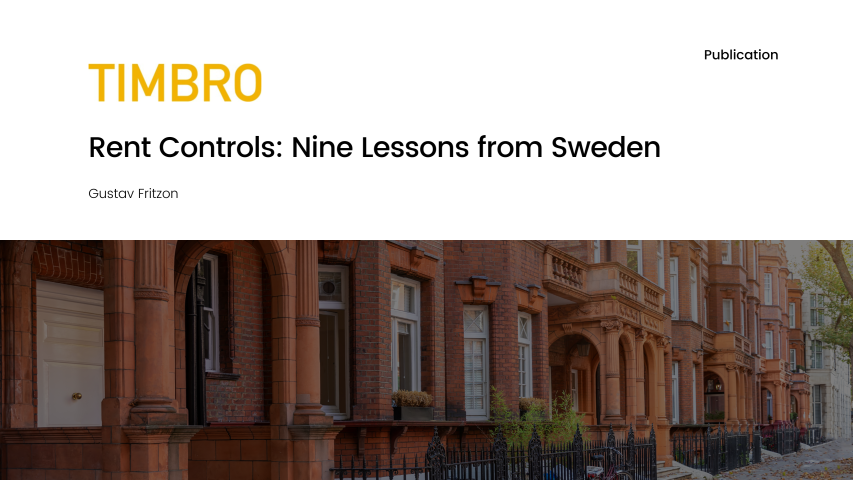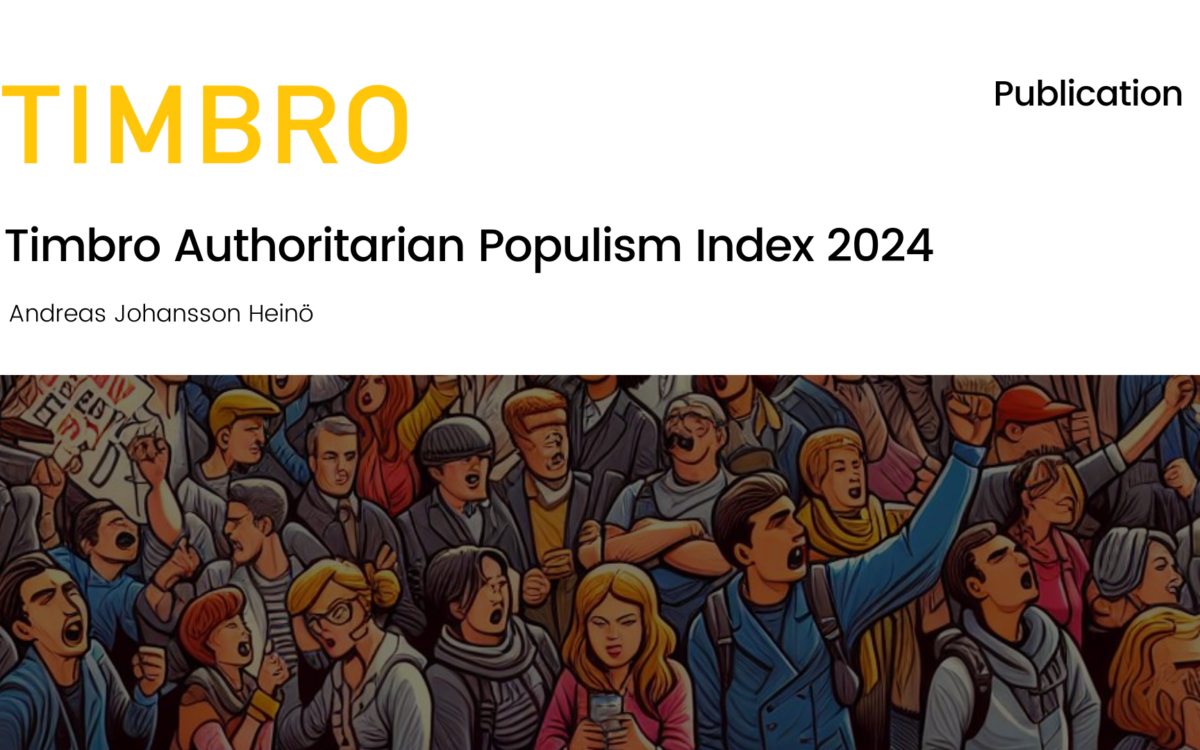Rent Controls: How They Damage the Housing Market, the Economy and Society

Rent Controls: How They Damage the Housing Market, the Economy and Society
22 January 2020
Rent controls are now being discussed in cities like Berlin, London, and New York. Sweden has had rent controls since 1942. There are at least nine reasons why the Swedish experience should serve as a cautionary example for other countries.
1. Rent controls have caused housing shortages and queues. 93 percent of Swedes live in municipalities with housing deficits. Upon relocation, only 0.5 percent of primary tenants in central Stockholm return their apartments to the housing agency. As a result, the average queue for a rental apartment in the capital is 11.3 years – reaching 30 years for heavily subsidised apartments.
2. Regulating rents skews incentives, which has led to a rapid conversion of rental apartments into co-op flats. The regulation also diverts excess demand into the property market, raising prices and incentivising renters to buy out their apartments for sub-market rates. As a result, the share of rental accommodation in Stockholm has fallen by a third since 1990 – contributing to high household indebtedness.
3. Rent controls have channelled excess demand precipitated by low primary rents into the subletting market, pushing up rents for secondary tenants. In Stockholm, these tenants pay rents twice as high as the primary tenants – a cost often borne by those with low social capital.
4. The regulation has enabled a black market for rental contracts with an estimated annual turnover of 110 million euros. One in five young tenants in Stockholm admit to having paid illegally for a rental contract. In 2014, Sweden saw a wave of homicides of individuals linked to the illegal contract trade.
5. Rent controls have caused an inefficient use of the existing stock of apartments. 90 percent of the estimated one-billion-euro rent-regulation-induced welfare loss stems from apartments not being allocated according to renters’ willingness to pay – which causes long commutes for families with children while individuals occupy large apartments in attractive areas.
6. For companies, the regulation has led to recruitment difficulties. Many growing companies in knowledge-intensive industries report employee housing as a major obstacle to recruiting qualified foreign workers. In one survey, a fifth of companies claimed that housing shortages made recruitment more difficult during the previous year.
7. Rent controls have caused social segregation between market insiders, who are more likely to be highly educated individuals with good connections, and outsiders, often immigrants or young people. As a result, the latter tend to live in unattractive suburbs – areas with extraordinarily high levels of concentrated welfare dependency and unemployment.
8. The system fails to achieve its primary policy aim: egalitarian economic outcomes. Large apartments in the most attractive housing sub-markets receive the greatest indirect subsidies. In Stockholm, the households occupying rental apartments larger than 180 square metres had an average income equivalent to the top 100th income percentile.
9. Rent controls have led to sub-optimally high standards of housing. Since rents may only be raised when apartment standards improve, landlords are incentivised to undertake expensive renovations. Consequently, the market cannot cater to renters who value living in city centres but who are unable to afford higher housing standards. This increases economic segregation.
Download or share this publication
View the PDF
EPICENTER publications and contributions from our member think tanks are designed to promote the discussion of economic issues and the role of markets in solving economic and social problems. As with all EPICENTER publications, the views expressed here are those of the author and not EPICENTER or its member think tanks (which have no corporate view).



